Luzhniki: Top FIFA World Cup 2018 stadium celebrates 60th anniversary
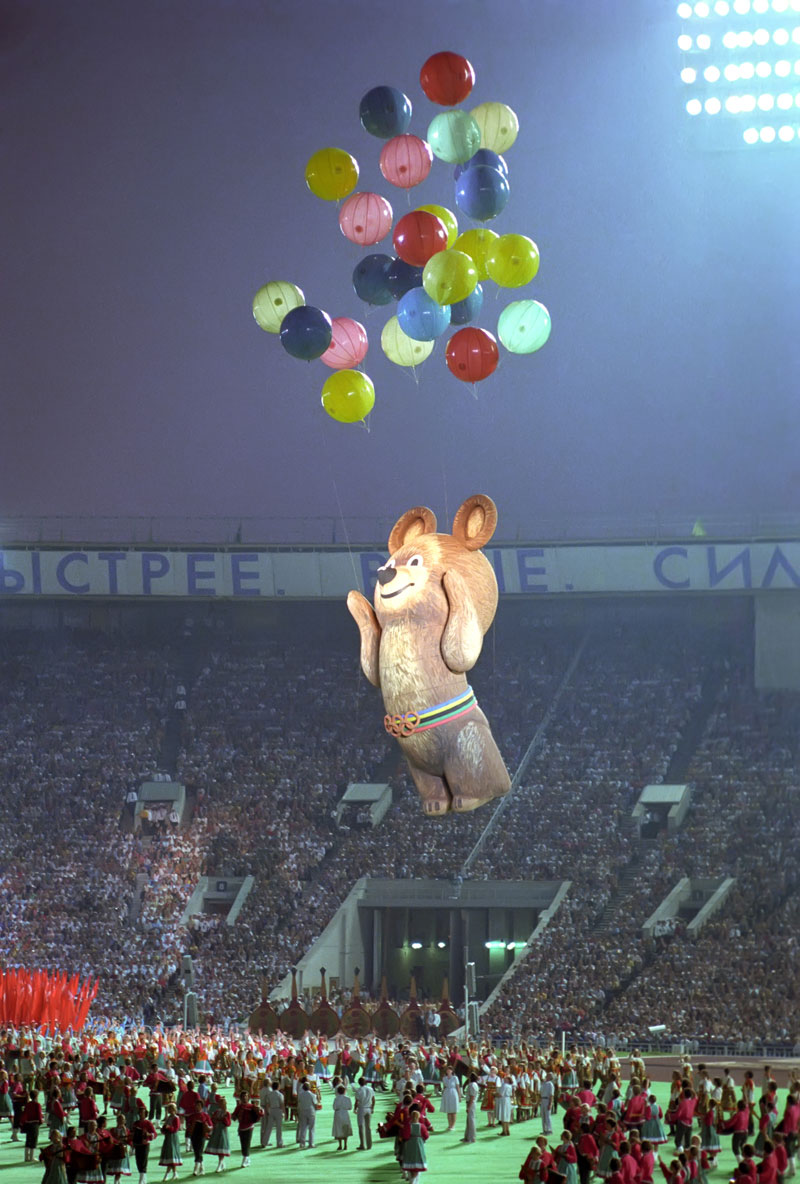
Overseas, however, Luzhniki is first and foremost associated with the 1980 Summer Olympics, especially the touching closing ceremony.
Semyon Maisterman/TASS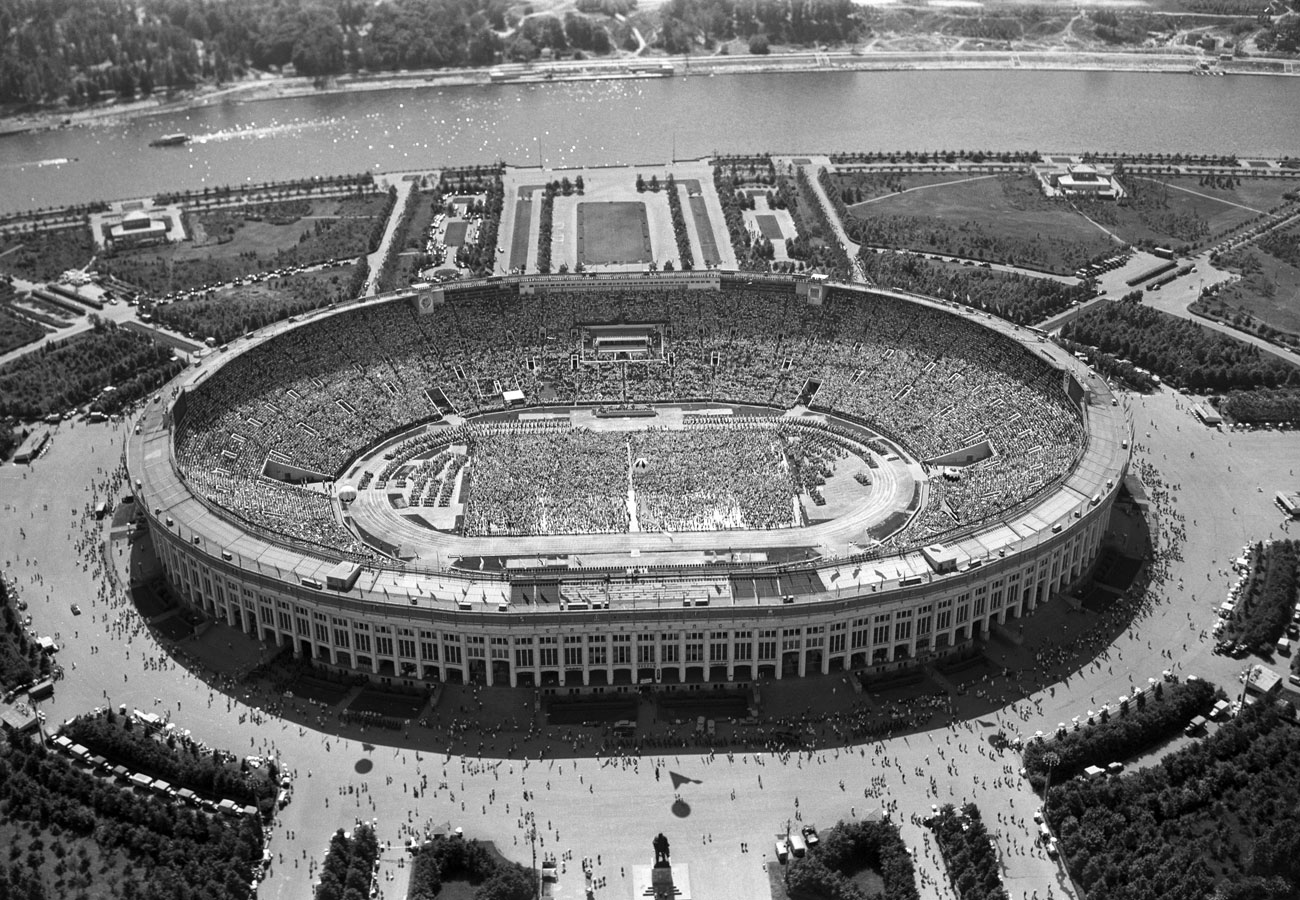
Moscow's Luzhniki Stadium was built in 1956, shortly after Soviet athletes had competed internationally for the first time at the 1952 Helsinki Summer Olympics.
Museum of Moscow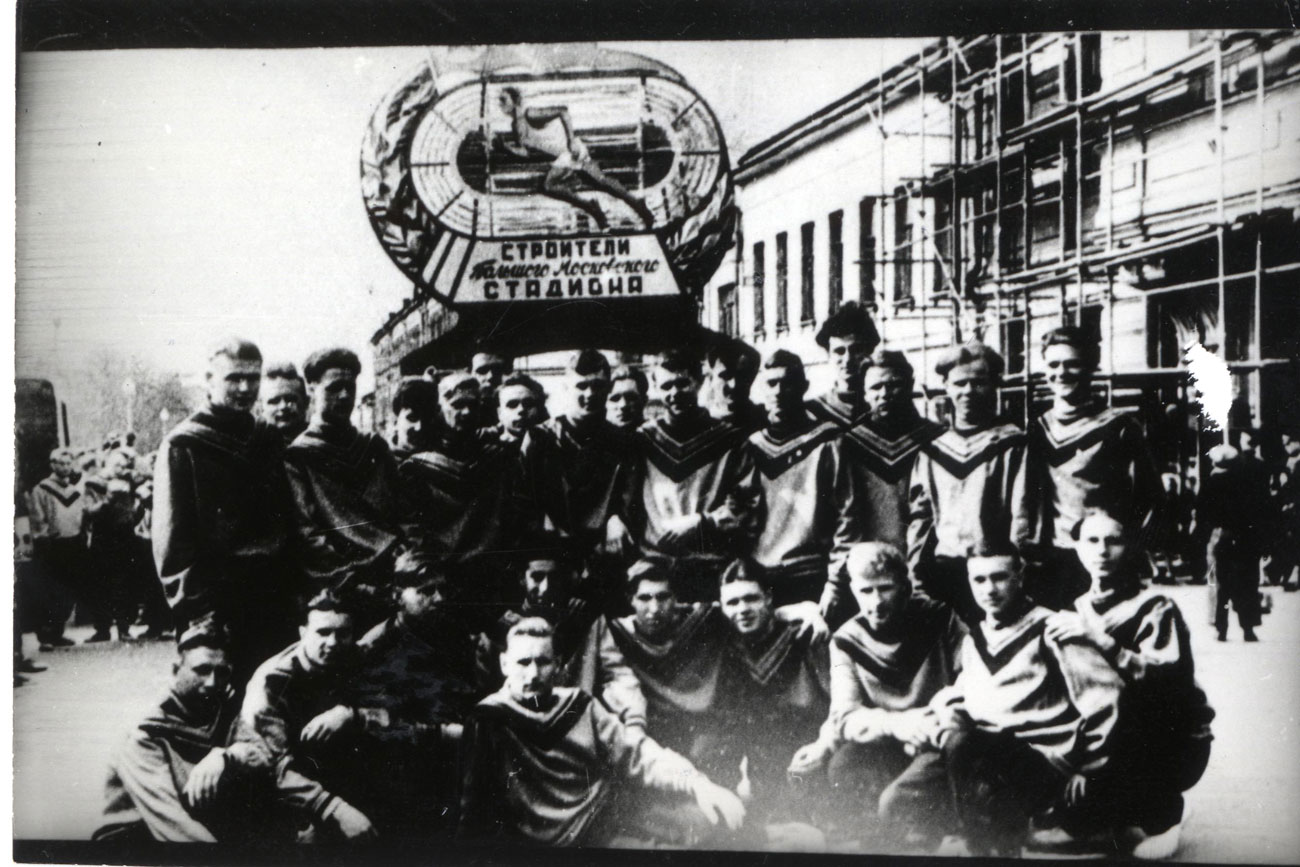
Team USSR, which put in an unexpectedly flawless performance and claimed second place in the medal table in Helsinki, needed a permanent training venue. Soviet architects and construction workers doubled down to erect the new stadium in just 450 days.
Museum of Moscow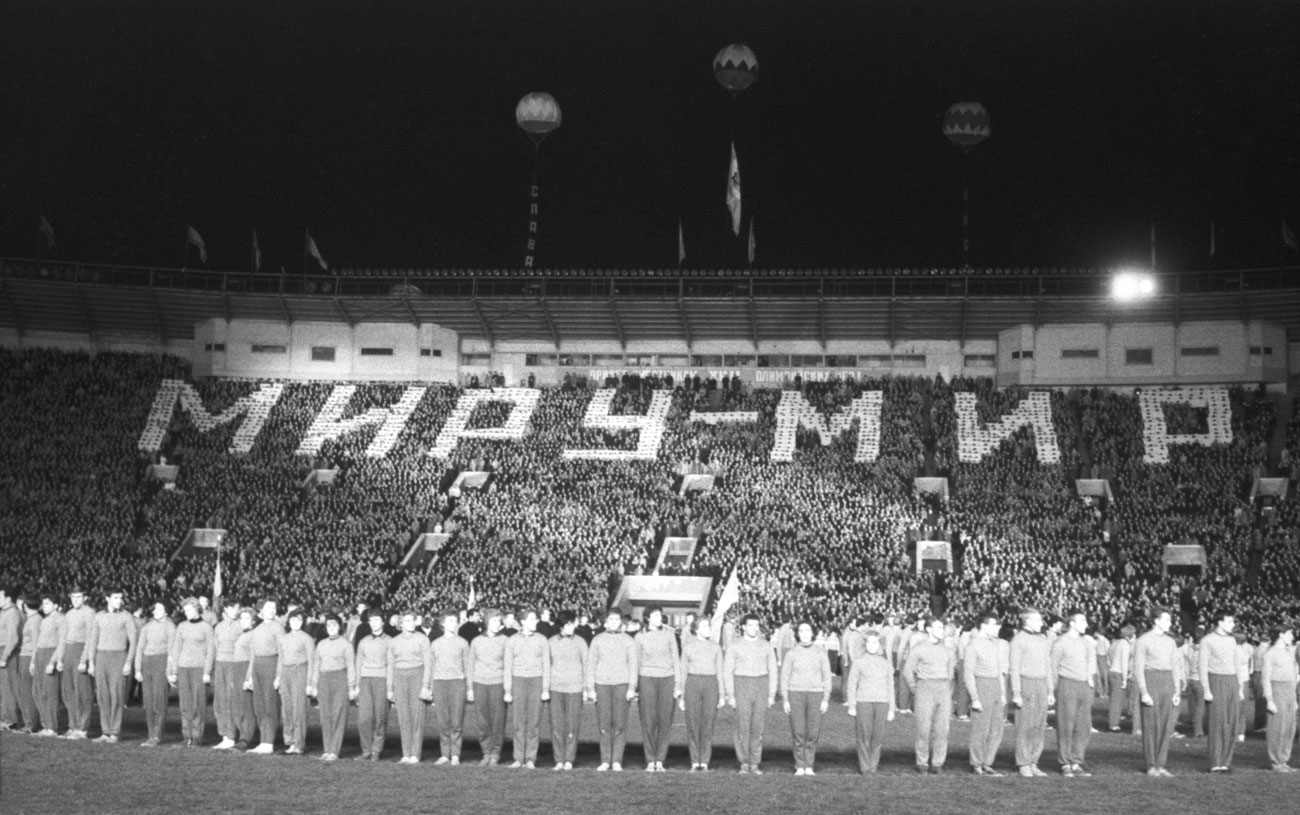
Not surprisingly, the new colossal construction was named after Vladimir Lenin. In 1992 the stadium was renamed Luzhniki. // Luzhniki hosts the victory parade of Soviet champions at the 1960 Rome Summer Olympics
Valentin Mastyukov/TASS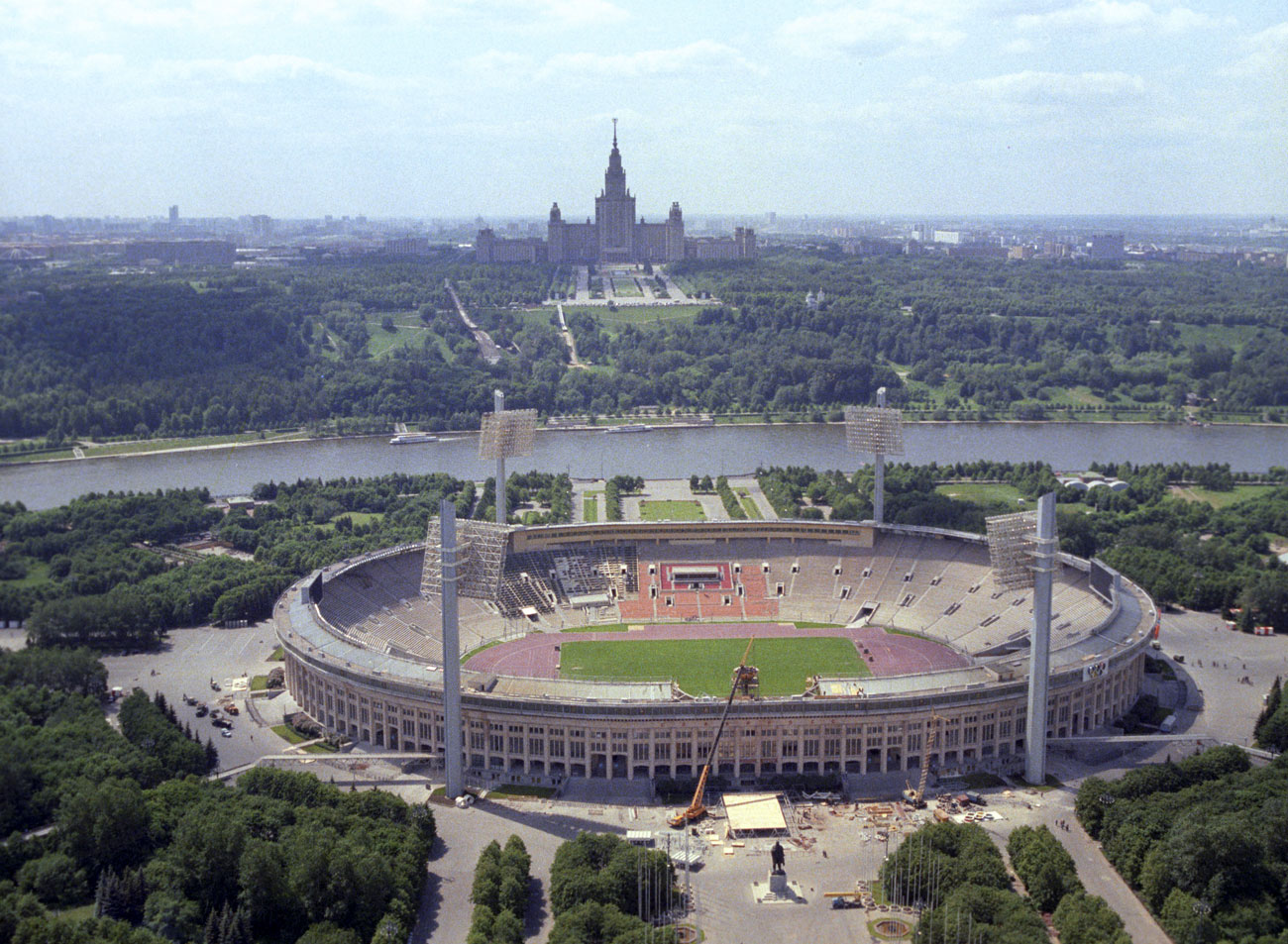
The stadium was placed in a picturesque area beside the Lenin (now Sparrow) Hills and the Main Building of the Moscow State University.
Valery Shustov/RIA Novosti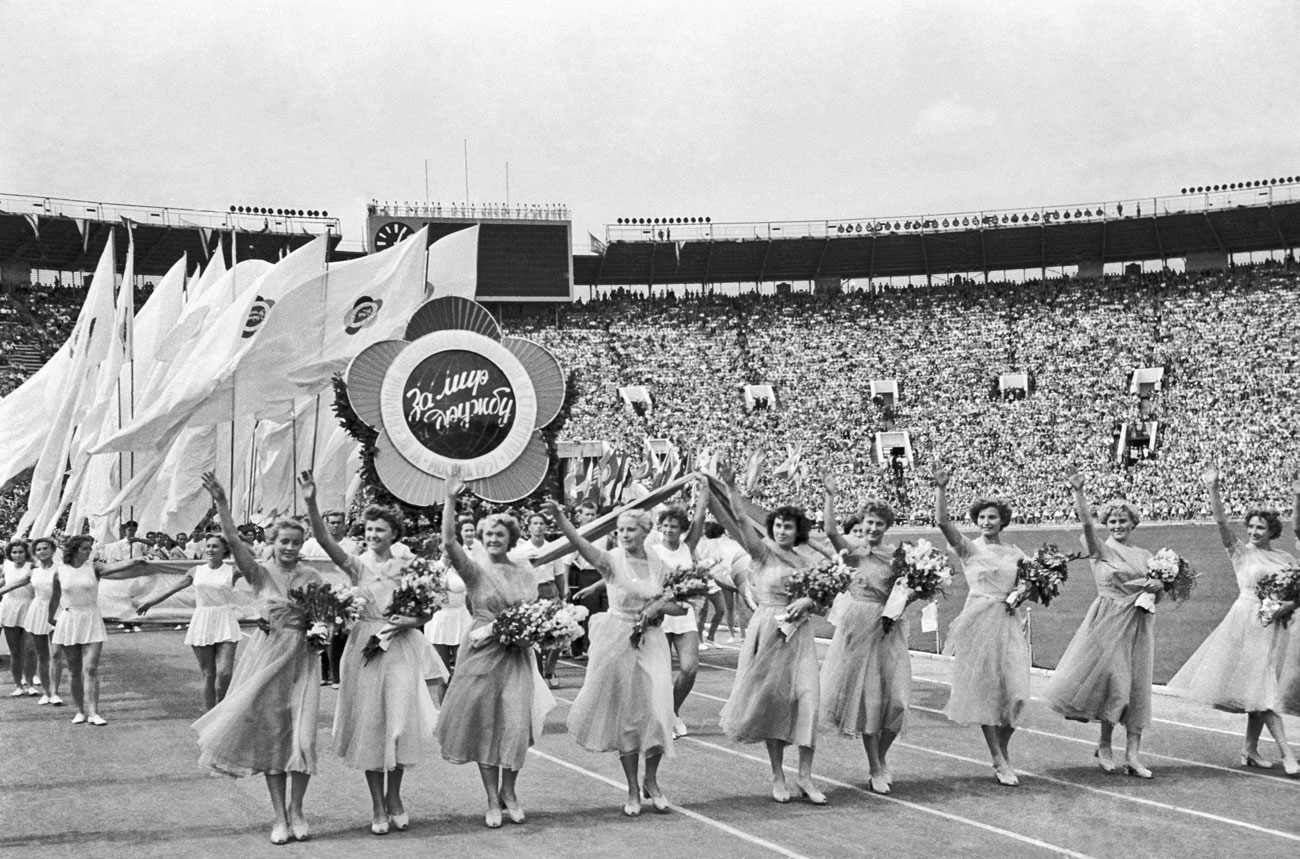
Luzhniki made a bright debut, hosting the opening ceremony of the 6th World Festival of Youth and Students in July 1957.
Vladimir Savostyanov/TASS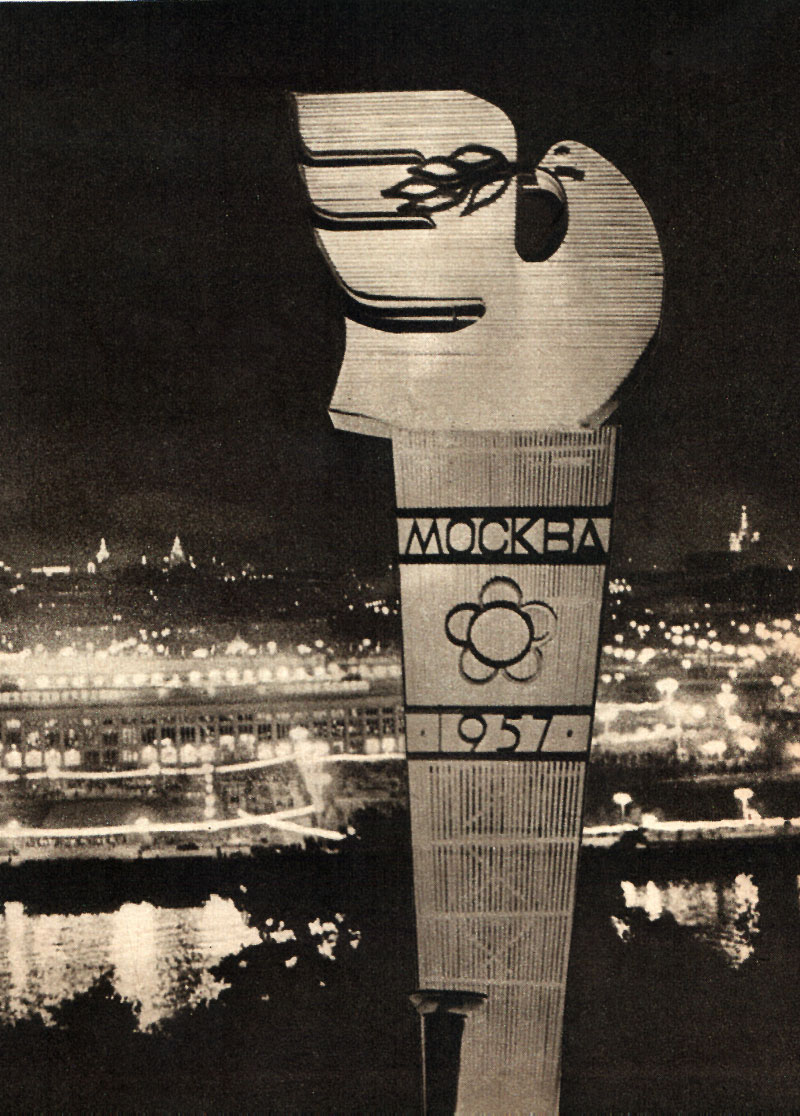
It was the first time the USSR had held an international event of this stature.
Museum of Moscow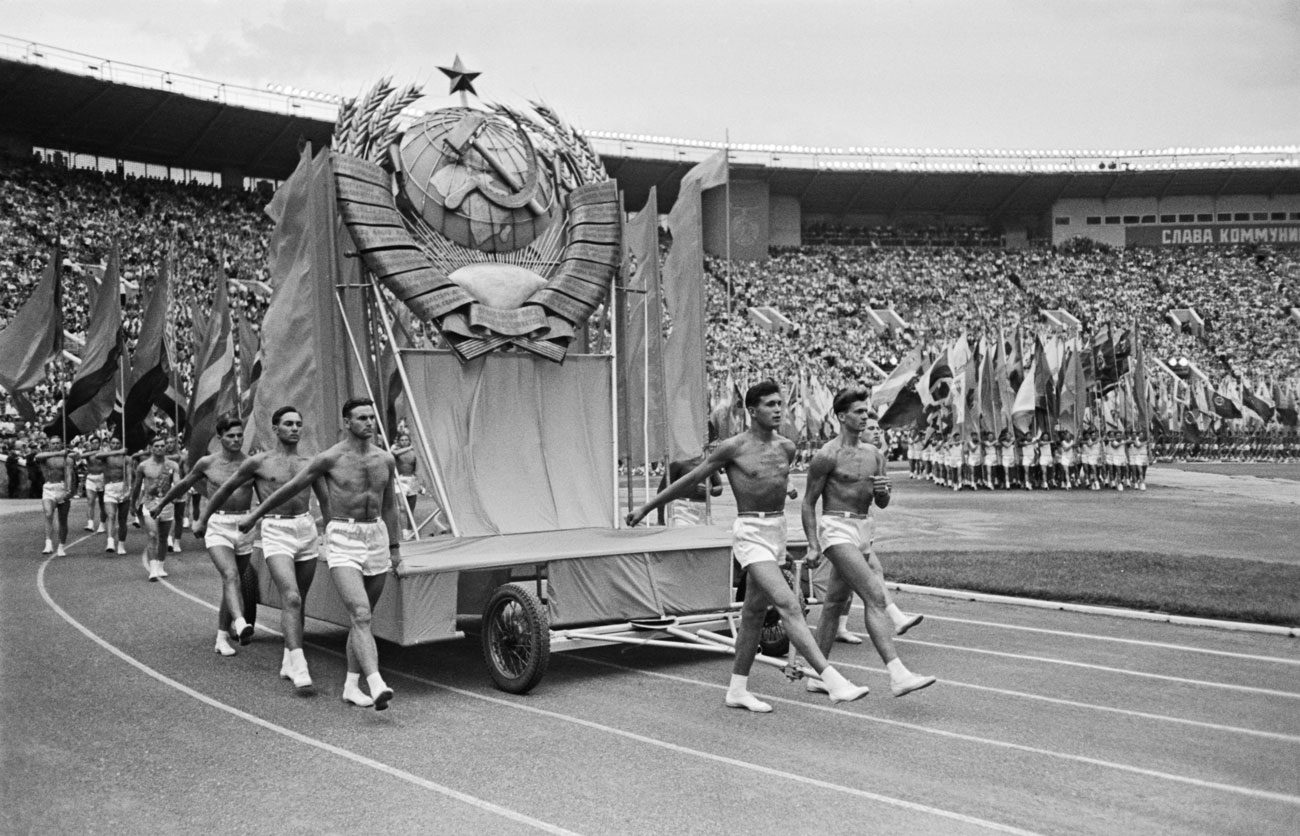
The monumental stadium was the ideal backdrop for ceremonial sports events meant to demonstrate the spirit of the Communist society. // 1959. Opening ceremony of the 2nd Spartakiad of Peoples of the USSR
Valentin Mastyukov/TASS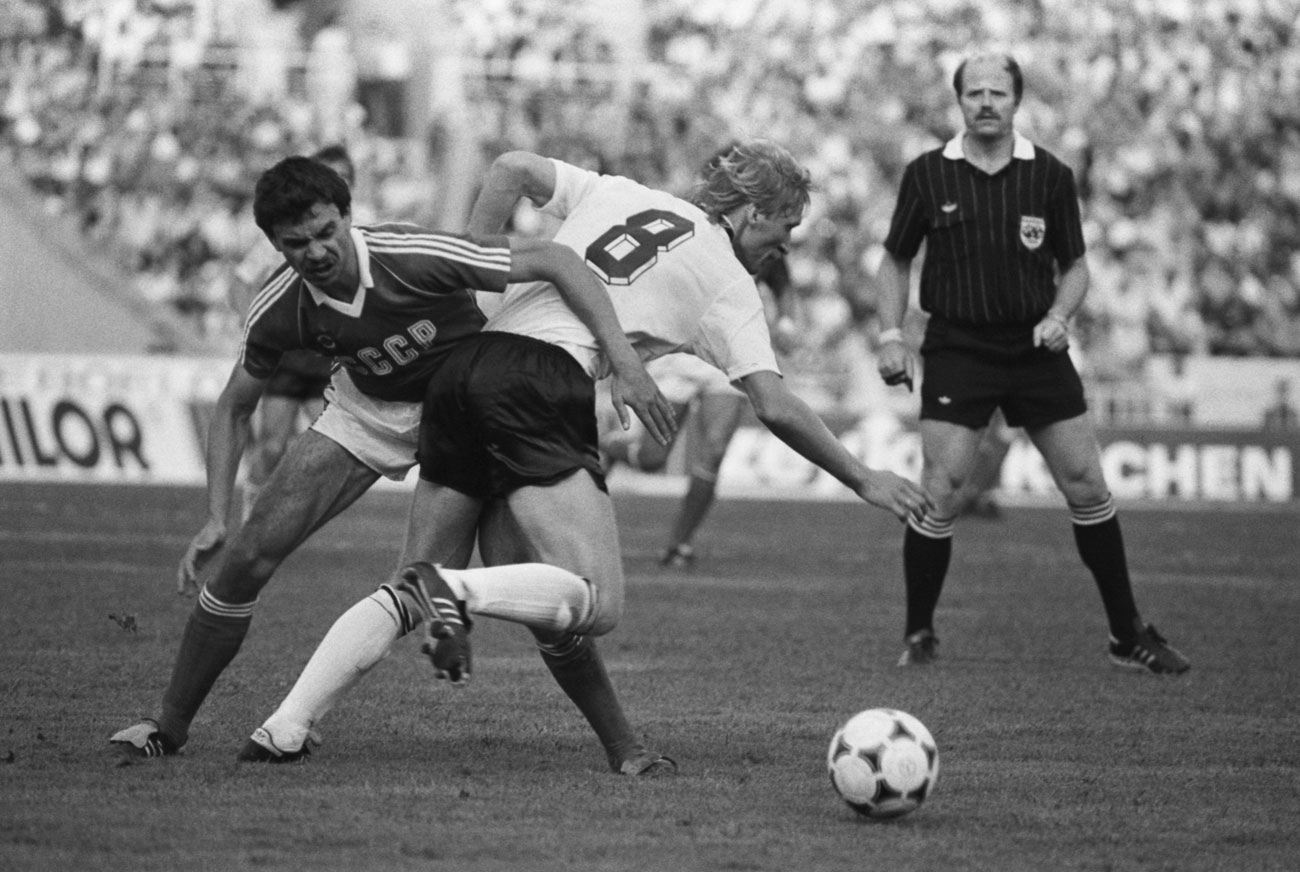
Luzhniki was also the main Soviet soccer stadium and the home venue of the USSR national team. It was at a soccer match that the stadium witnessed its worst tragedy when 66 people were crushed to death during the 1982–83 UEFA Cup match between FC Spartak Moscow and HFC Haarlem on the 20th of October, 1982. // 1985. International friendly between the USSR and West Germany
Valery Zufarov, Igor Utkin/TASS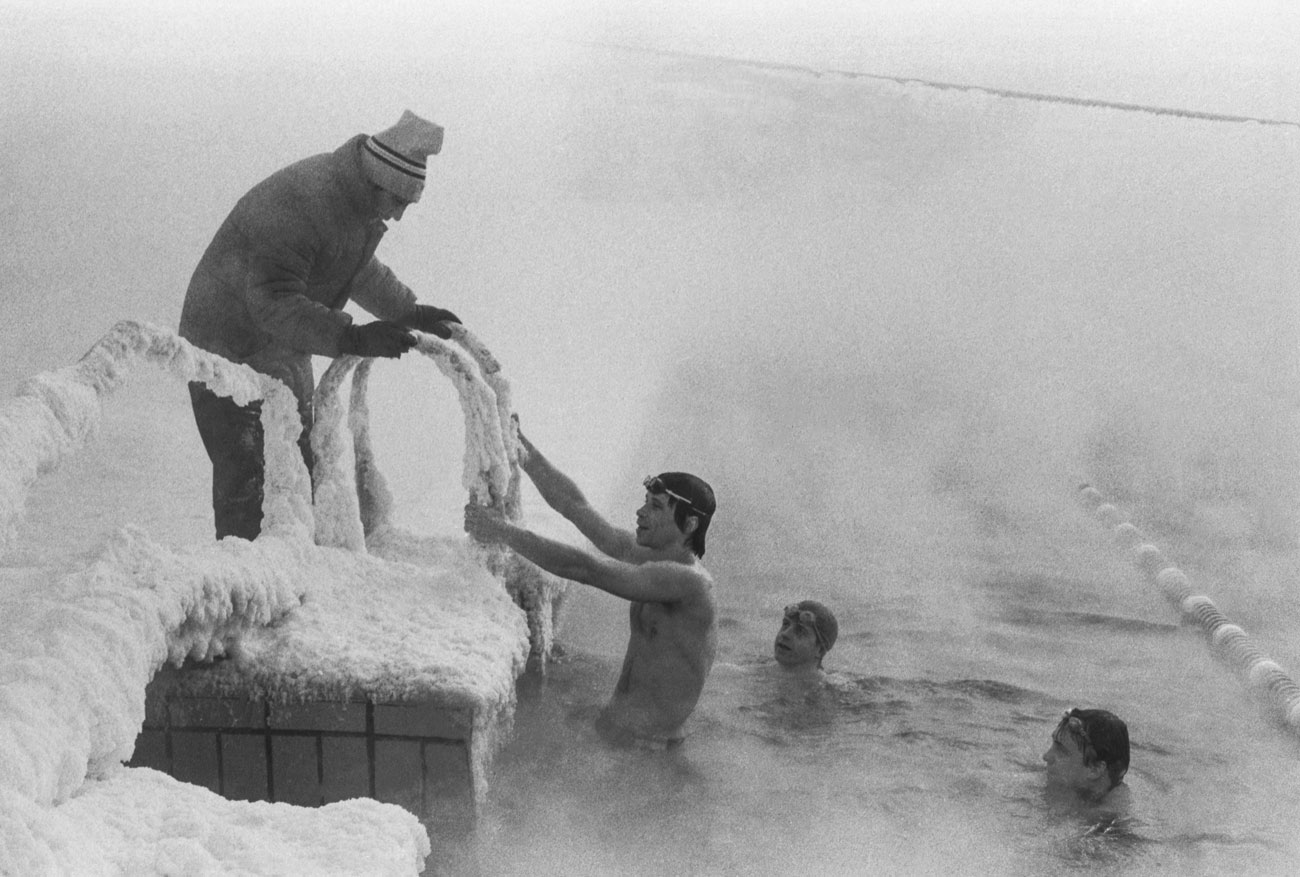
The Luzhniki complex housed numerous facilities, including an ice rink, tennis courts, and an all-year round outdoor swimming pool.
Viktor Budan, Vladimir Zavyalov/TASS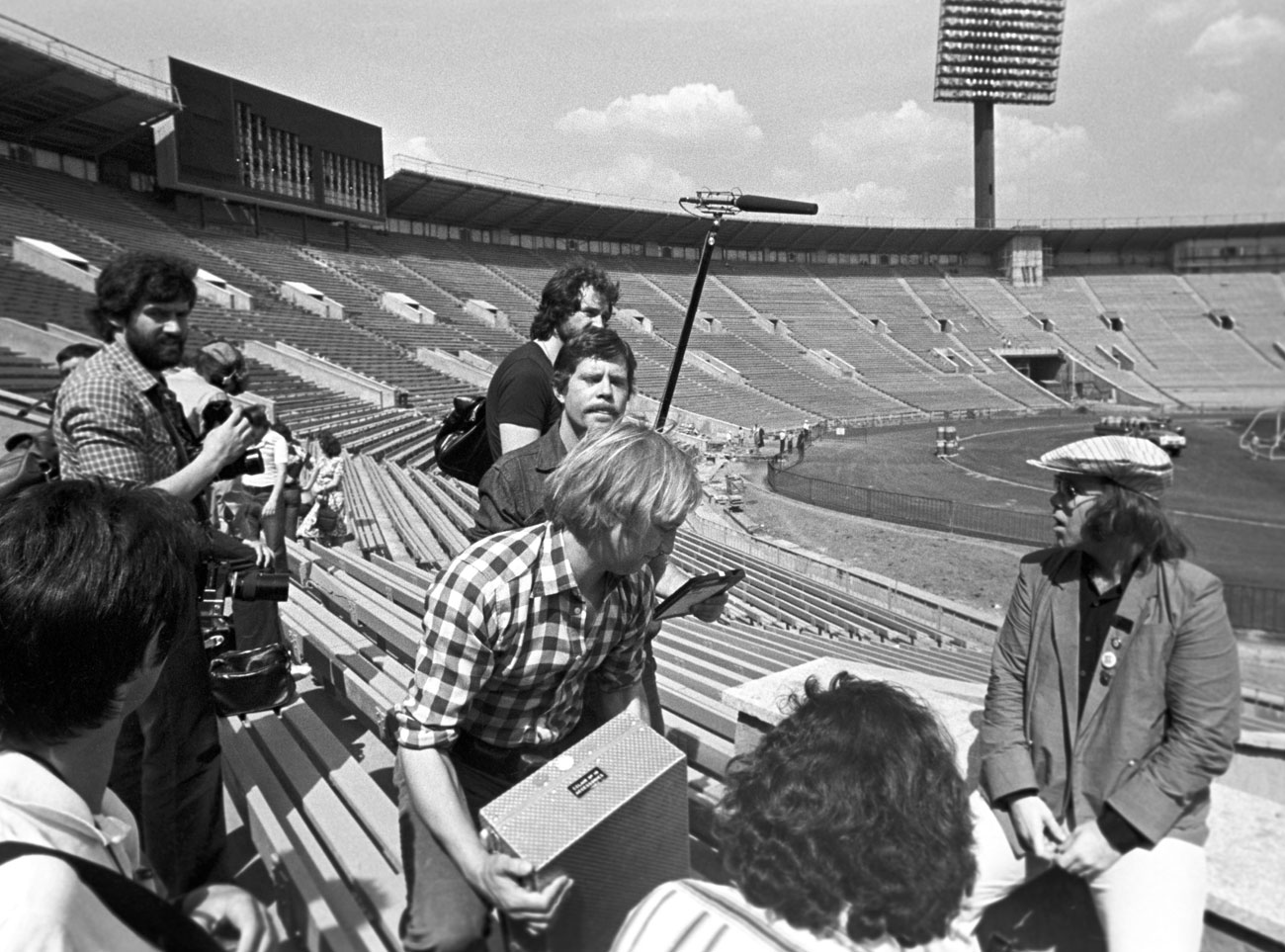
After the fall of the Iron Curtain, Luzhniki became Moscow's top concert venue, welcoming performers such as Michael Jackson, Madonna, Metallica, and Red Hot Chili Peppers. // 1979. Elton John at Luzhniki
Roman Denisov/TASS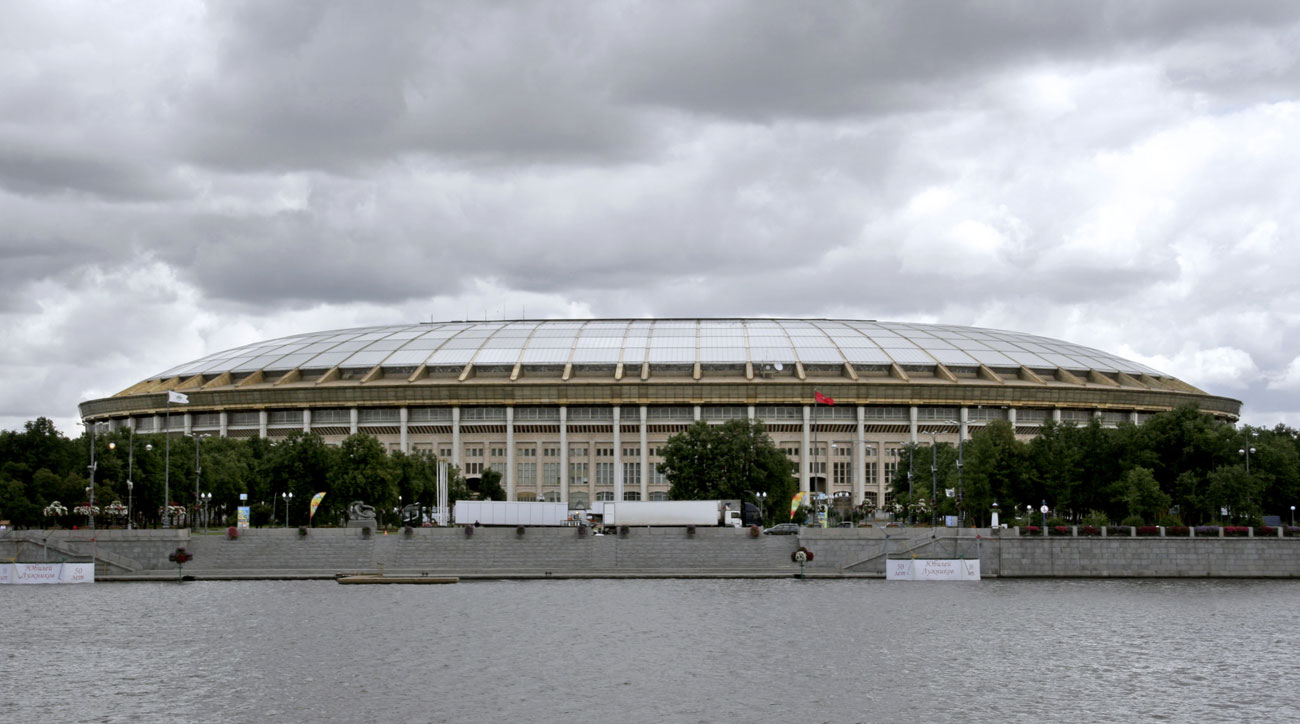
In 1997 Luzhniki acquired a a skylight roof over the stands to protect spectators from rain. Still, many fans criticized the arena for the poor visibility from most seats.
Alexander Bundin/TASS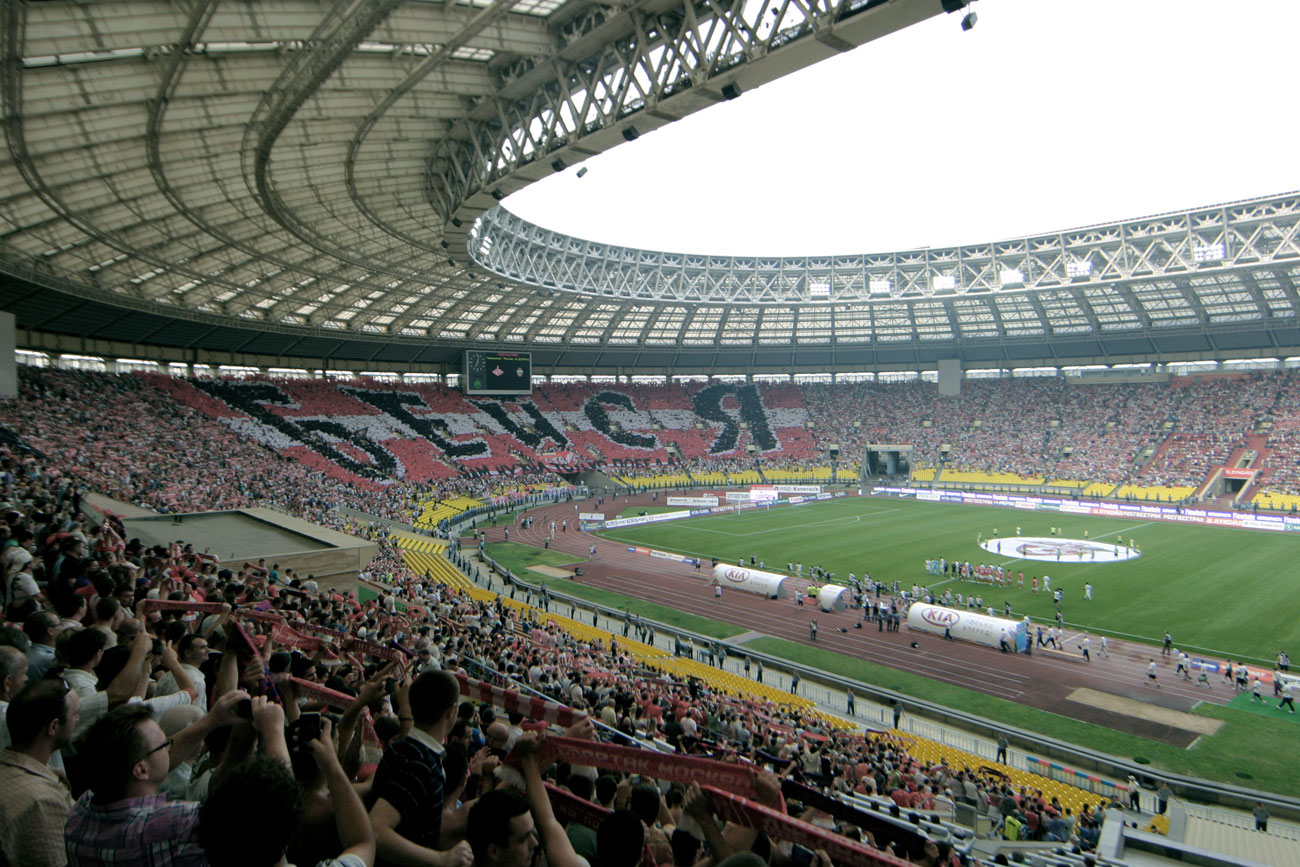
Another scourge was the stadium's plastic grass, which increased the risk of injury.
Dmitry Budanov/RIA Novosti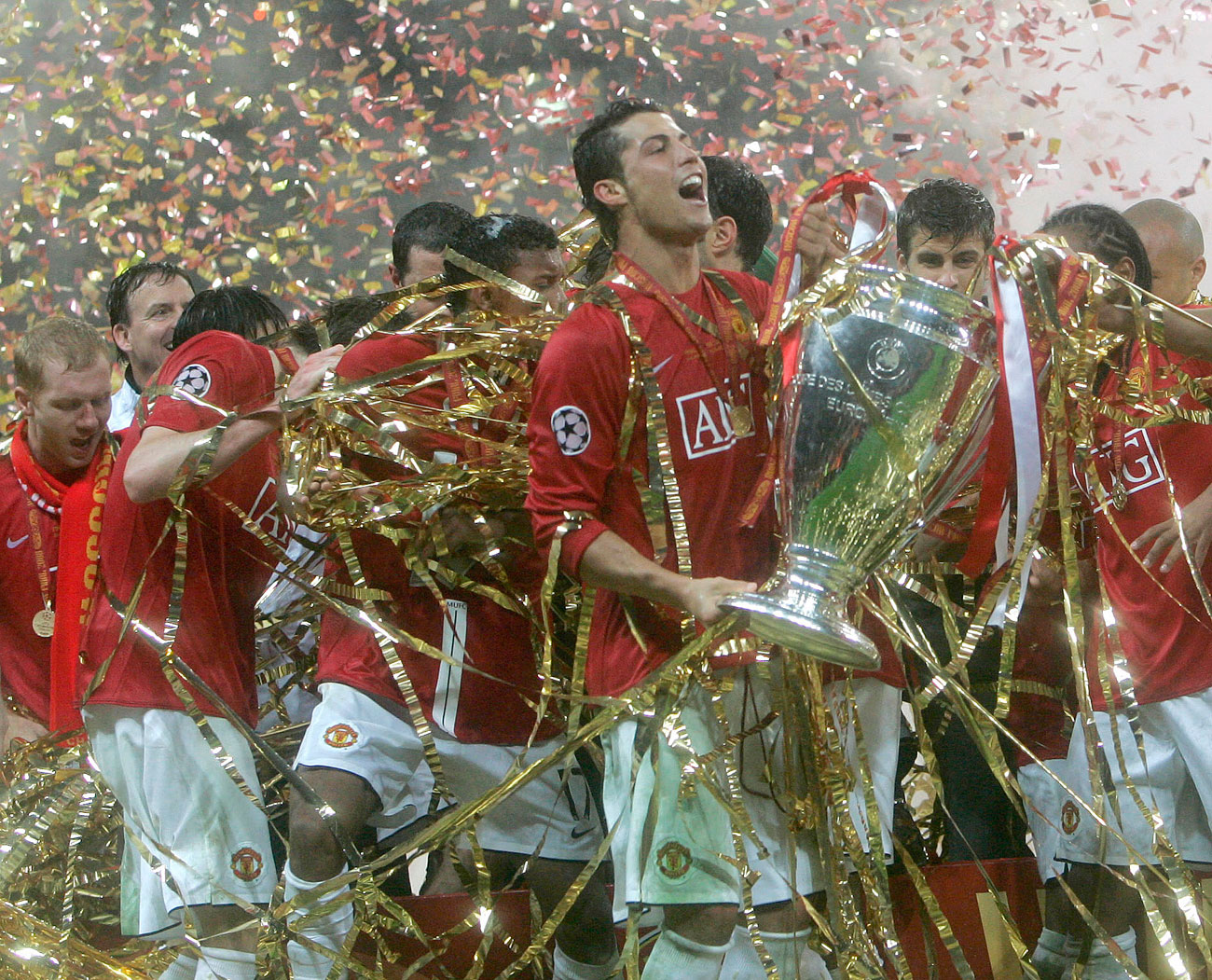
For the 2008 UEFA Champions League final, officials laid out natural grass instead, but shortly after the match they reverted back to the good old artificial carpet. // Manchester United's Cristiano Ronaldo celebrates with the trophy at the end of the Champions League final soccer match at the Luzhniki Stadium in Moscow.
AP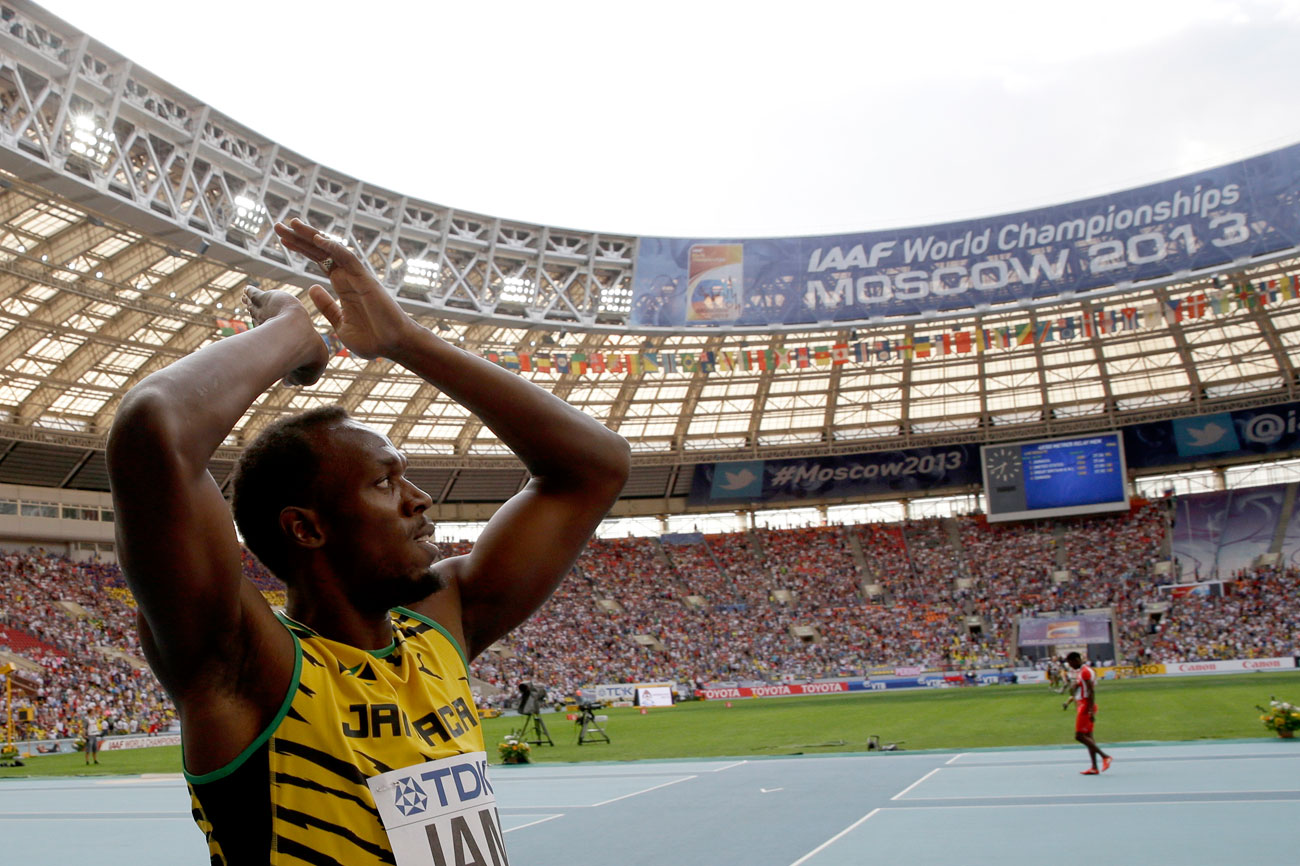
Luzhniki's most recent moment of glory was August 2013, when Moscow hosted the IAAF Athletics World Championship. // Jamaician sprinter Usain Bolt celebrates his third gold medal at the World Athletics Championships in the Luzhniki stadium in Moscow
AP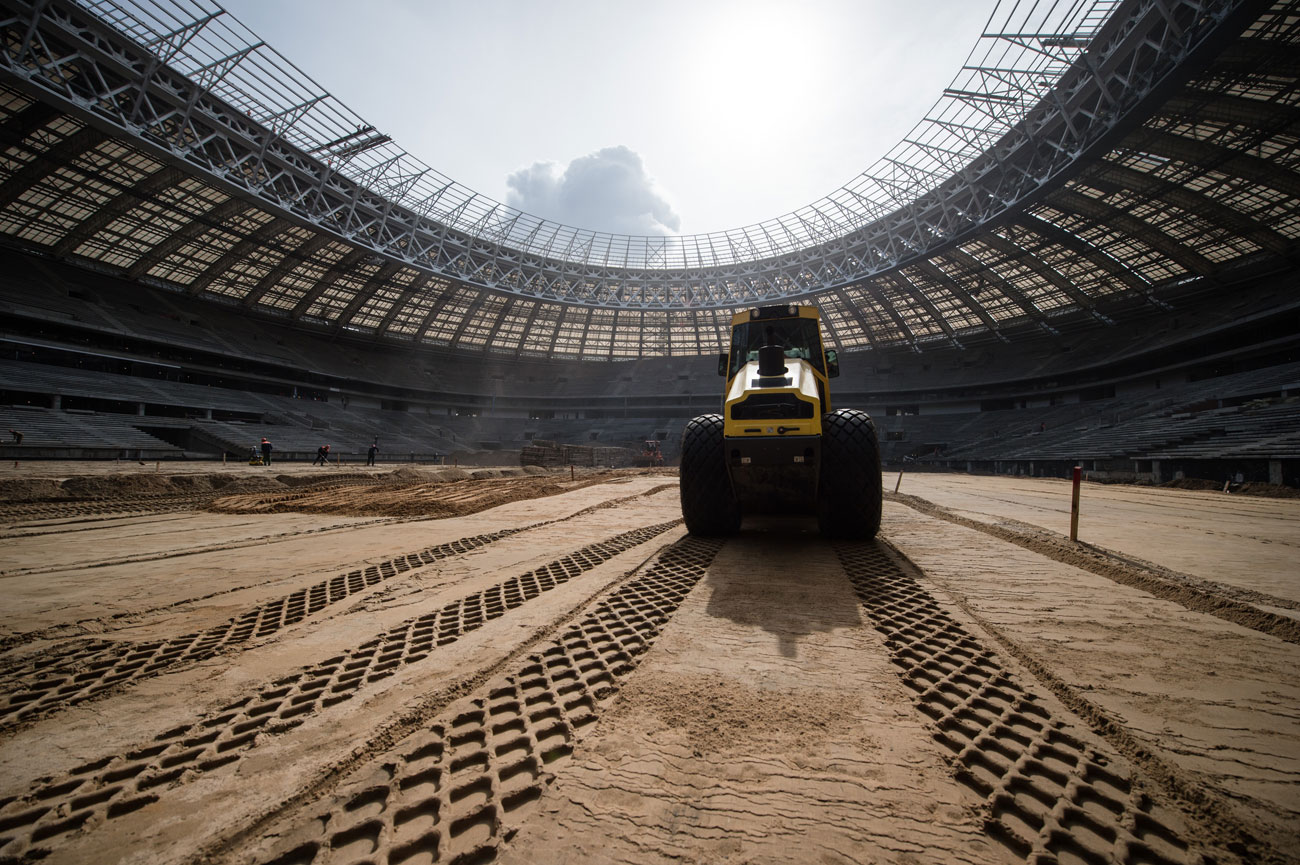
The stadium is currently undergoing a facelift to rise like a phoenix for the 2018 FIFA World Cup opening match and final.
Evgeny Samarin/RIA NovostiSubscribe
to our newsletter!
Get the week's best stories straight to your inbox